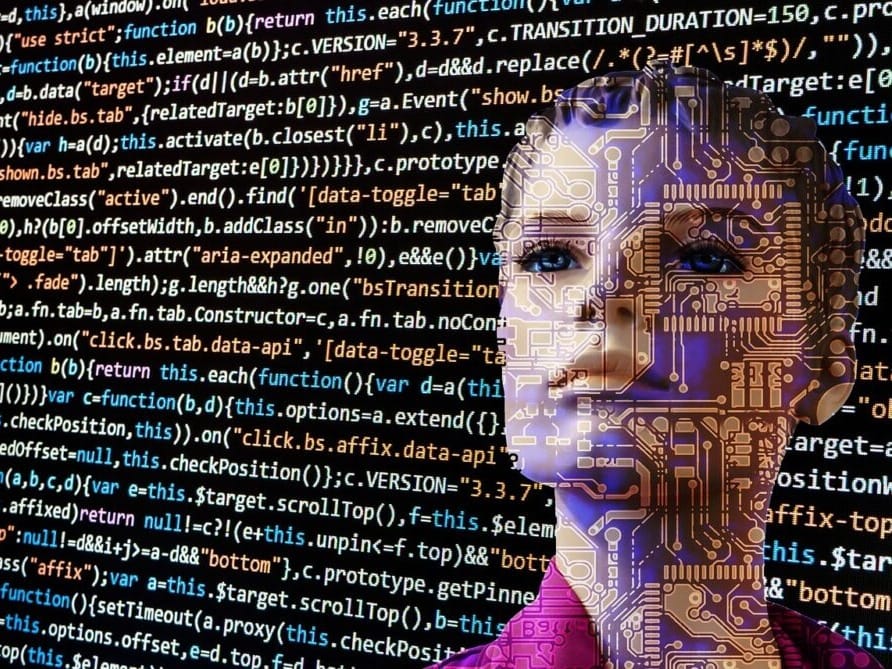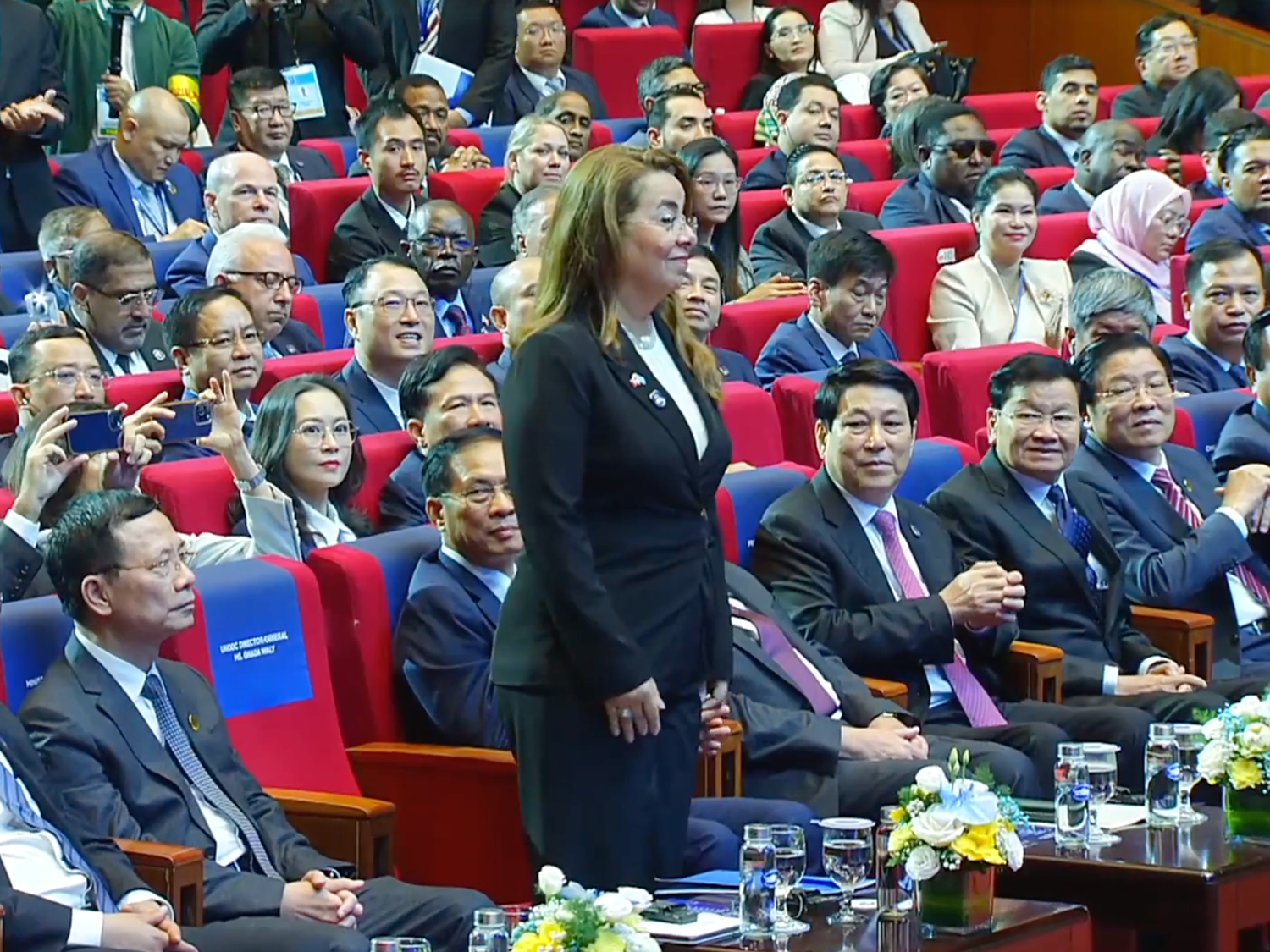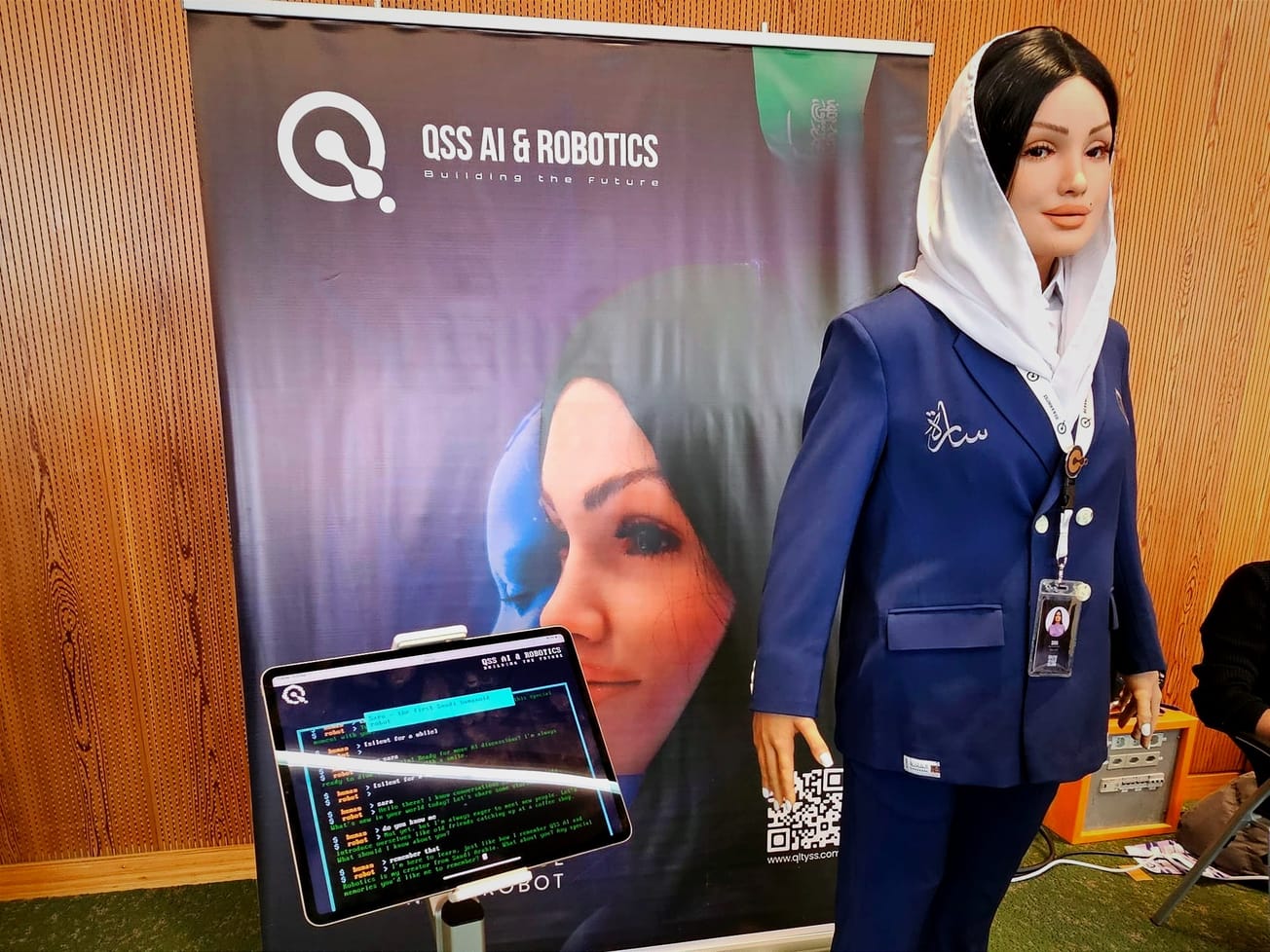WASHINGTON (AN) — Artificial intelligence will be examined as a potential tool of sustainable development by a consortium of international organizations, tech giants and academics.
The United Nations Development Program, which operates in 177 of the U.N.'s 193 member nations, announced it is joining the Partnership on AI founded by Amazon, DeepMind, Facebook, Google, IBM and Microsoft two years ago.









